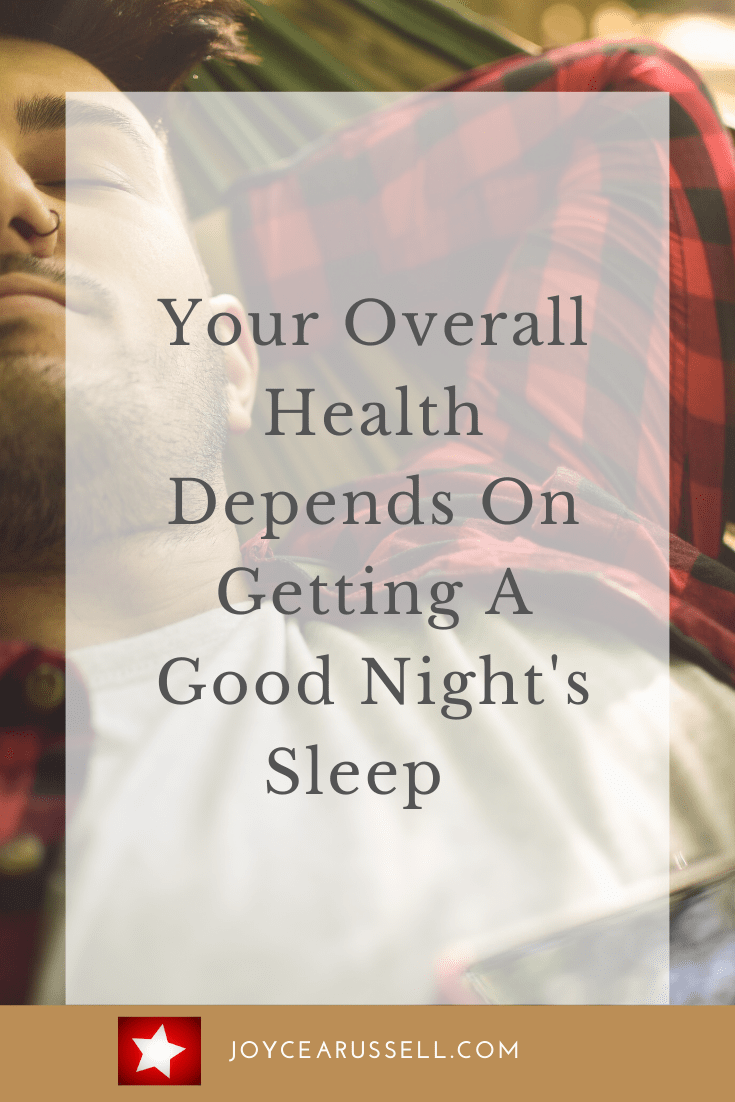How you can expand your mindset as you age
As people grow older, they are often consumed with how their bodies are changing physically. What they don’t pay enough attention to is the state of their minds. While you may notice that your memory is lacking, or that you tend to be more negative and pessimistic, there doesn’t seem to be the same urgent desire to find a remedy.
It’s important to improve your mindset as you grow older so that you can focus on the things that bring you happiness and joy. Here are some mindset ideas that can help.
Begin by letting go
This can be one of the toughest parts of changing your mindset, but it’s also an important one. You must let some things go. If you have a lot of demands in your life that create huge amounts of stress and negative thoughts, it’s time to determine if it’s worth keeping them in your life or not. This could mean you jettison some career demands by delegating certain tasks or saying no to people who ask too much of you.
Or perhaps letting go for you means removing pressure from yourself thus allowing more time to practice self-care.
Look for additional clarity
When you first begin improving your mindset and being a more positive, happy person, it sometimes takes a while to figure out what that means for you. If you are still puzzled about what needs to change in the way you think and understand things in your life, it’s time to find some clarity. If you don’t already, you may want to start a journal for this, since you can write with honesty about anything you are thinking about, and over time, begin observing the patterns of your thoughts. You recognize what your goals are, what you feel like you are missing, and what situations tend to cause your mindset to shift.
Express your gratitude
Being grateful for the blessings in your life is a simple way to begin shifting your mindset. It instantly helps you to think more positively about things and people in your life, and temporarily sets aside your negative thoughts. It’s difficult to think negatively when you are being grateful and thinking about the people in your life who bring blessings and wonderful things.
Your gratitude can be for your job or your home, your pets, people you love, or simple things like how comfy your bed is or that delicious morning cup of coffee.
Positive affirmations
One last tip for improving your mindset as you age is to use positive affirmations. These might seem silly, but when used on a routine basis, they hold a lot of power. A positive affirmation is a thought or phrase that is positive, uplifting, and hopeful. It can help you maintain a good mindset throughout the day.
Positive affirmations might be “I will have a great day” or “I can achieve anything”, but they can also be more specific with something you are dealing with, such as “I am strong enough to accomplish my goals/dreams”.
The value of your daily routine
Daily routines and habits are more popular than ever before, not because they are a new concept, but because of the benefits to your physical health and mental wellbeing. As you age, no matter what age you are now, it becomes even more important to have a daily routine with habits that are designed to keep you healthy and happy. Here are some advantages of having a good daily routine.
Routines stimulate enhanced mental health
You can have a daily routine that allows you to enhance your mental health. For example, you might include a session of meditation or adding mindfulness to your morning or nighttime routine. This helps you reduce stress and can help with mental health disorders like anxiety or depression. Remember that your mental health can decline rapidly if you aren’t vigilant.
You live a healthier lifestyle
When you maintain a set routine with habits you participate in daily, it can help balance out your life and ensure you are living a healthy lifestyle. Many people choose to add certain activities that help them improve their health, such as cooking breakfast, doing yoga in the morning, writing in their journal, or having a nighttime routine that allow them to get better sleep.
To be a healthy older adult, you need to begin immediately, regardless of your age at present.
Balanced living is happier
With a daily routine, you can concentrate more on balance in your life. It helps you to schedule certain events and activities along with your responsibilities. You decide what your priorities are. Making time for reading, relaxing, creative activities, getting enough exercise, and eating right. In other words, doing everything you need to do to improve your health and wellness.
Routines that increase your sleep
Sleep is crucial for everyone, but unfortunately, older adults find that they have more difficulty sleeping. There is a joke that older adults often sleep only a few hours a night, or that they wake up early for the “Early bird special”, but this isn’t because as you age, you need less sleep. It is more that you have a tougher time sleeping soundly throughout the night.
If you have a daily routine that includes exercise as well as a restful and relaxing nighttime routine, it helps a lot to increase your quality of sleep.
My final thought
We live at a time where most of us have access to the information we need to be healthy agers. It is up to us to use it or not. As for me, I do my best every day to stay healthy and to be happy. Shouldn’t you?
Thank you for reading this post. I hope you enjoyed it and will share it with the people you care about.











